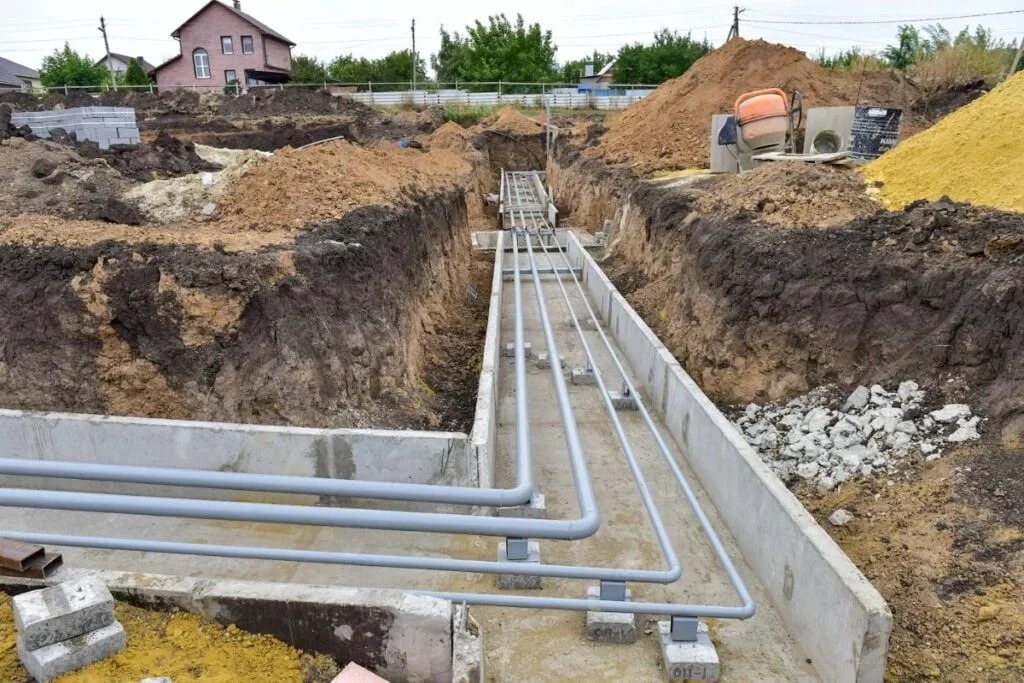When it comes to electrical installations, choosing the right conduit is crucial for both safety and performance. One question that often arises is whether plumbing PVC can be used for electrical conduit. In this post, we’ll explore why plumbing PVC should not be used for electrical conduit.
Plumbing PVC and PVC conduit are made from the same material, PVC, but have different purposes. Plumbing PVC is designed for plumbing, while electrical conduit protects and routes electrical wiring. PVC conduit is typically thicker and more durable. It protects against moisture, damage and other hazards.
Using plumbing PVC for electrical conduit may be illegal or unsafe. Plumbing PVC is often not rated for electrical use and may not adequately prevent shocks, fires or other hazards. Check with an electrician or building inspector to determine if plumbing PVC can be used safely for your installation.
Even if legal and safe, plumbing PVC has practical downsides for electrical conduit. It may not work with electrical wiring or fittings and may not be as durable or protective as electrical conduit. Plumbing PVC can also crack or deform more easily over time, compromising the installation.
Better options for electrical conduit include rigid PVC conduit, flexible PVC conduit, and metal conduit. Rigid PVC conduit works well outdoors. Flexible PVC conduit is good for indoor use or where movement occurs. Metal conduit, like galvanized steel or aluminum, is very durable but usually more expensive than PVC.
In summary, plumbing PVC should not be used for electrical conduit. For safety, compliance and long-term performance, use appropriate electrical conduit. While plumbing PVC may seem a practical or low-cost choice, the risks outweigh any benefits. For questions or concerns about choosing proper electrical conduit, consult an electrician or building inspector. Work with a reputable conduit manufacturer to ensure you choose the right materials for the job.











